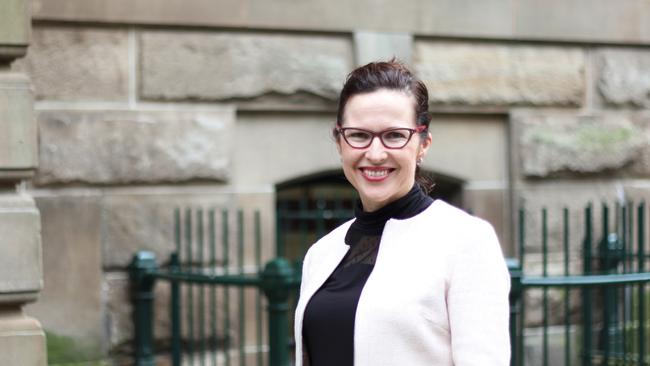Aussie expats finding it tough to get work back home after COVID
Australians are coming home from overseas with talent, skills and experience but companies are cautious about hiring them.

Australian expats are returning to the country in increasing numbers because of the COVID-19 pandemic but are finding it more difficult to get work, according to Advance chief executive Johanna Pitman.
Pitman, who was recently appointed to the top job of the expat support group, which is partly funded by the federal government, says 400,000 Australians have returned during the past year, from a total of about a million Australians living overseas before the pandemic.
But many are finding it difficult to get work. Employers are more wary of making senior hires, and staff working from home and other COVID-related work changes make networking for the newly returned expats difficult.
Pitman says many Australians have been returning home following quick decisions driven by COVID rather than as a result of long-term planning.
“People are returning home more hastily than they would typically,” she says. “It is a less planned event. They might have come home to visit a sick relative and decided to stay or move back permanently.
“It is not the planned return to Australia which would have been more ideal for their career.”
Pitman says building professional networks also is more difficult as more people here are working from home and there are fewer gatherings such as business events and conferences.
“Even when people are working in their offices it is not as easy to ask people to catch up for coffee,” she tells The Deal.
“It is harder to meet people in person and start building up the connections which are important.”
Despite the upturn in the economy, employers are much more cautious about making senior hires in the present environment.
People who have progressed well in their careers or who have held senior jobs overseas are particularly affected. There are fewer senior jobs being advertised and companies are much more cautious about creating new positions , even for highly skilled people.
Pitman says many companies are still “feeling a sense of nervousness about what is coming next” and this is affecting their appetite for new hires.
She says in the past, many expats enjoyed good jobs overseas while making regular travel back home to see friends and relatives.
“Living overseas used to give people the best of both worlds,” she says.
“You could pursue a global career in a dynamic environment and have holidays in Australia.
“People living overseas felt they were not that far from Australia and could return home at any time. They used to say that they could get back home in two days.”
Since the pandemic, many expats are under “constant stress”, worrying if they will be able to get home at short notice, Pitman says.
“It is triggering more people to say that they can’t live with the constant stress of not knowing if they are going to be separated from their loved ones,” she says.
“Many are saying that their parents are getting older and may have health issues.
“They say they can’t wait until they need to go back, they have to make the decision to go back home now.”
Pitman’s own journey overseas began after she took a degree in Asian studies at the Australian National University and then went to Harvard to do a masters in East Asian studies.
She was working in Boston as a management consultant in 2002 when she travelled to New York for the launch of the Advance organisation by Ken Allen, then the Australian consul-general in New York.
Allen set up the organisation to create a global network for Australians living overseas. It was established with funding from founding patrons, Anthony Pratt, Lachlan Murdoch and Peter Lowy. It is now 50 per cent funded by the Department of Foreign Affairs and Trade and the Department of Industry, Science, Energy and Resources.
The other half of its funding comes from partnerships with and sponsorships from companies including global software giant Atlassian.
It also receives philanthropic donations from private individuals, including London-based businessman Sir Michael Hintze.
Pitman says surveys by Advance before the pandemic showed many returning Australians felt there were barriers to having their overseas experience recognised and valued when they returned home.
COVID-19 has made things even more difficult, she says, and Advance is now focused more on the career issues facing returning expats.
Pitman argues the pandemic has created an opportunity for employers to hire talented people who would not have been available to them in the past.
But companies often are wary of returnees, fearing that they will not fit into roles in Australia after having more senior, high-paying roles overseas. They may be prepared to accept lower pay, but companies are wary. Then there’s the difficulty of assessing how the skills and experiences of expats will translate to an Australian business.
Pitman says the demographic composition of our expats is changing: fewer Australians are sent overseas by companies for specific placements, and more go overseas under their own steam and build careers from scratch.
Advance has responded to the pandemic by cutting back on its face-to-face events but it still sponsors an annual award for Australians who have succeeded or made an impact overseas. This year’s awards will be held in Sydney in September.



